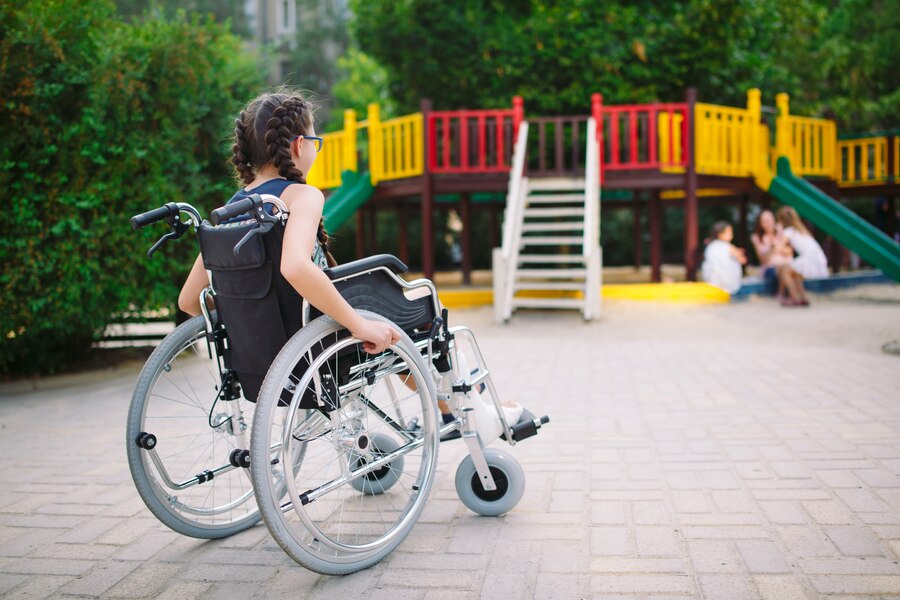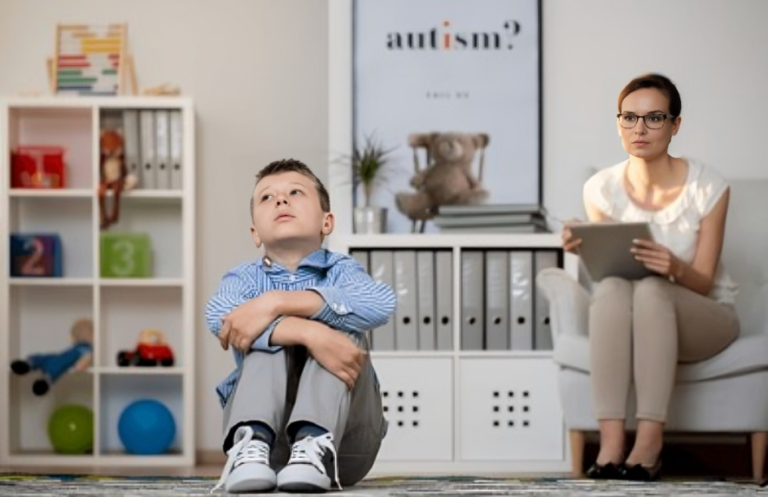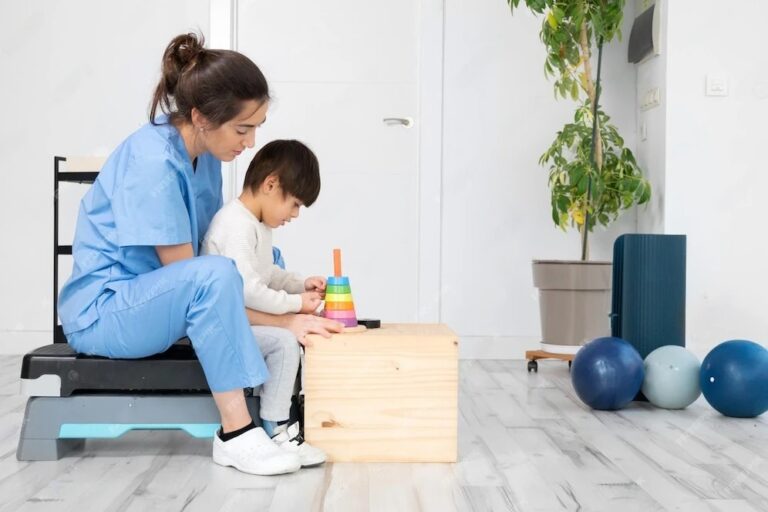Parenting A Child With Cerebral Palsy: Nurturing Growth And Development
Parenting a child with cerebral palsy (CP) comes with its unique set of challenges and joys. Cerebral palsy is a neurological disorder affecting movement, posture, and muscle coordination, typically appearing in early childhood. While it may present obstacles, with the right support and resources, parents can foster their children’s growth and development, helping them reach their full potential.
To Know More About It Please Click Here
Understanding Cerebral Palsy
Cerebral palsy is caused by abnormalities or damage to the developing brain, often occurring before, during, or shortly after birth. This condition can manifest in various forms, affecting mobility, muscle tone, reflexes, coordination, and balance. The severity of symptoms can vary widely, ranging from mild to severe impairment.
Embracing Challenges
Parenting a child with cerebral palsy requires resilience, patience, and adaptability. Families may face numerous obstacles, including medical appointments, therapy sessions, and navigating educational and social environments. Parents need to approach these challenges with a positive mindset, focusing on their child’s strengths and capabilities rather than limitations.
Building a Support Network
One of the most crucial aspects of parenting a child with cerebral palsy is building a strong support network. This network may include healthcare professionals, therapists, educators, and other families facing similar experiences. Connecting with others who understand the journey can provide invaluable emotional support, practical advice, and a sense of community.
Accessing Resources
Accessing resources and services is essential for supporting a child with cerebral palsy. This may include physical therapy, occupational therapy, speech therapy, assistive devices, and educational accommodations. Parents should work closely with healthcare providers and educators to create an individualized plan tailored to their child’s needs.
Promoting Independence
Encouraging independence is crucial for children with cerebral palsy. While they may face physical limitations, there are many ways to foster autonomy and self-confidence. This may involve teaching adaptive techniques, providing assistive technology, and allowing the child to participate in decision-making to the best of their ability.
Fostering Communication
Communication can be a challenge for some children with cerebral palsy, but there are various methods to facilitate expression and understanding. This may include alternative communication systems such as sign language, picture boards, or augmentative and alternative communication (AAC) devices. Parents need to explore different communication strategies and find what works best for their children.
Celebrating Milestones
Every milestone achieved by a child with cerebral palsy is a cause for celebration, no matter how small. Whether it’s taking their first steps with assistance, uttering their first words, or mastering a new skill, these achievements represent significant progress and should be acknowledged and celebrated by parents and caregivers.
Cultivating a Positive Environment
Creating a positive and supportive environment at home is vital for a child’s overall well-being. This includes fostering a sense of belonging, nurturing their interests and talents, and providing opportunities for socialization and friendship. It’s essential to focus on what the child can do rather than what they cannot, emphasizing their unique abilities and strengths.
Taking Care of Yourself
Parenting a child with cerebral palsy can be emotionally and physically demanding, so parents must prioritize self-care. This may involve seeking respite care, taking breaks when needed, practicing stress-reducing activities, and seeking support from friends, family, or support groups. By taking care of themselves, parents can better support their children and maintain their well-being.
Looking to the Future
While parenting a child with cerebral palsy presents its challenges, it’s essential to remain hopeful about the future. With early intervention, ongoing support, and a nurturing environment, children with cerebral palsy can lead fulfilling and meaningful lives. By focusing on their strengths, fostering their independence, and celebrating their achievements, parents can help their children navigate the world with confidence and resilience.
Also, Follow us on Instagram








